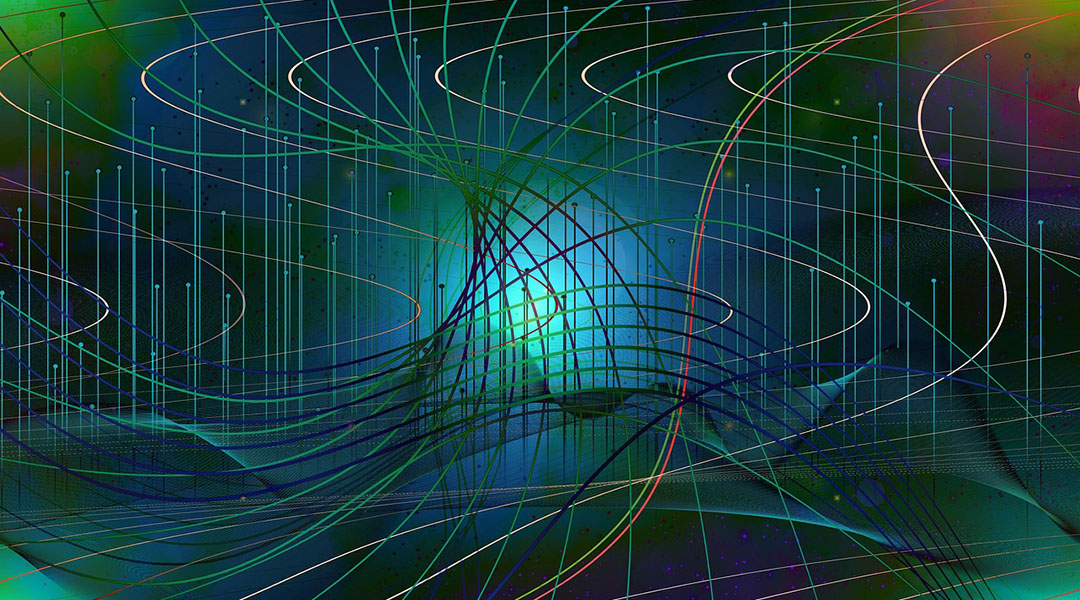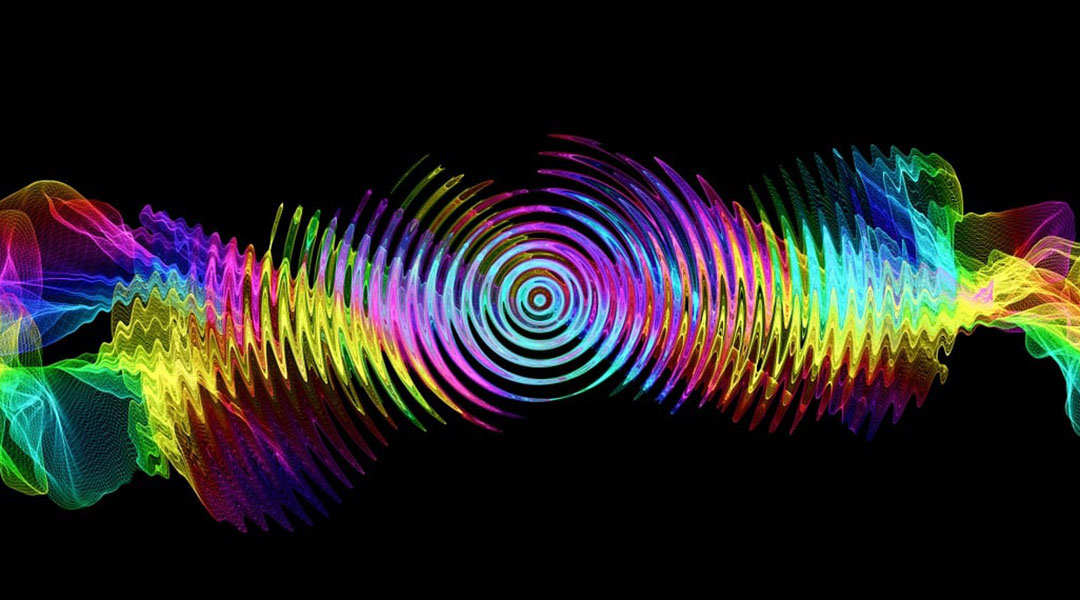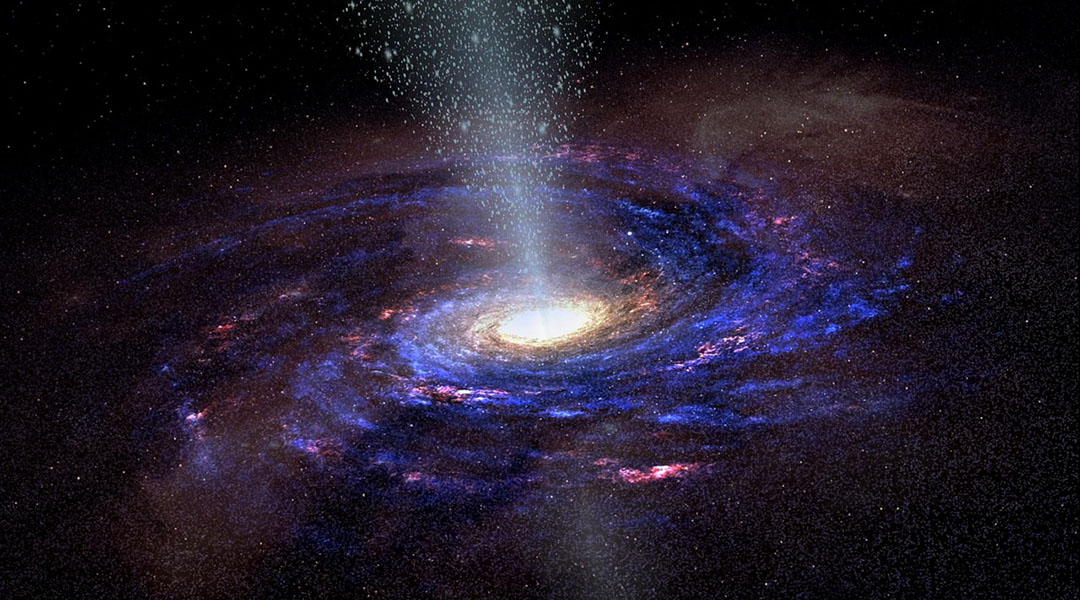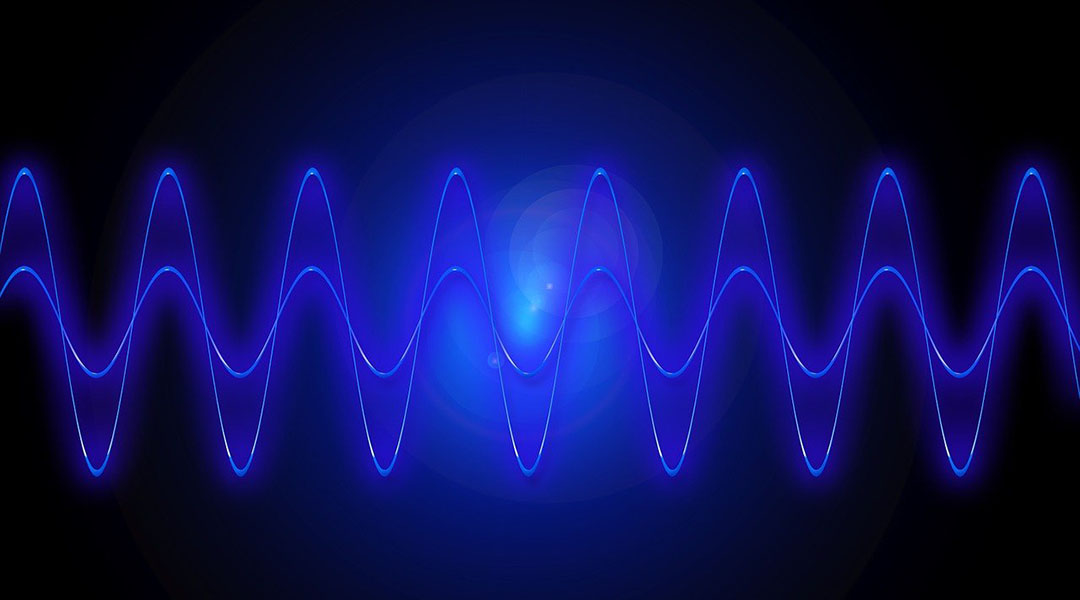Scientists created an “evapolectrics” generator that draws power directly from water evaporation, offering a sustainable, battery-free energy source from humidity.



Scientists created an “evapolectrics” generator that draws power directly from water evaporation, offering a sustainable, battery-free energy source from humidity.

A new theory proposes gravity isn’t a fundamental force but emerges from quantum electromagnetic interactions, potentially reshaping our view of spacetime itself.

Scientists created flexible probabilistic bits from custom polymers, offering a new, energy-efficient path for AI and machine learning using classical physics.

Subtle inflaton interactions may reshape our understanding of cosmic inflation, altering predictions about dark matter, black holes, and gravitational waves.

SLAC scientists created ultra-dense electron beams with five times the peak current, using infrared lasers to unlock new frontiers in physics and materials research.

A new machine learning algorithm that can rapidly pinpoint the location of a neutron star merger using gravitational wave signals alone.

Scientists assume that inflation was driven by hypothetical inflaton particles, which scientists think could be the Higgs boson.

“We’ve essentially reworked the standard recipe for making organic light emitting diodes, like those found in smartphones.”

Dark matter could be composed of much lighter particles, with masses roughly ten times smaller than that of a proton.

If experimentally proven that gravity is classical, we will have to start from the beginning in a search for a satisfactory ontological picture of the world.